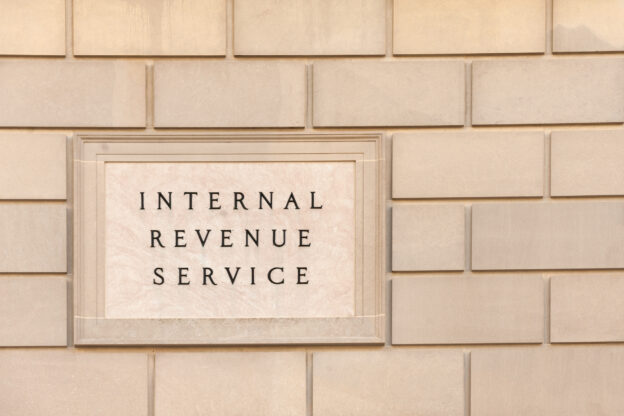
Steven Eheart
Question: We have an employee who is undergoing fertility treatments out of town and misses days sporadically. Do these absences fall under the Family and Medical Leave Act (FMLA)?
Answer: Great question; complicated answer.
The answer is complicated because a question about FMLA leave is always the start of a longer conversation about whether other federal, state, and local requirements are triggered. For example, even if the employee’s fertility treatments do not qualify for FMLA leave, the employee may be entitled to unpaid leave as a reasonable accommodation or paid leave under state and/or local sick pay laws. Additionally, any adverse treatment against an employee undergoing fertility treatments could lead to a pregnancy discrimination claim.
The answer is also complicated because FMLA leave always depends on the facts. Further, only a couple federal district courts have addressed this issue, and those district courts came to different conclusions. Read more
















